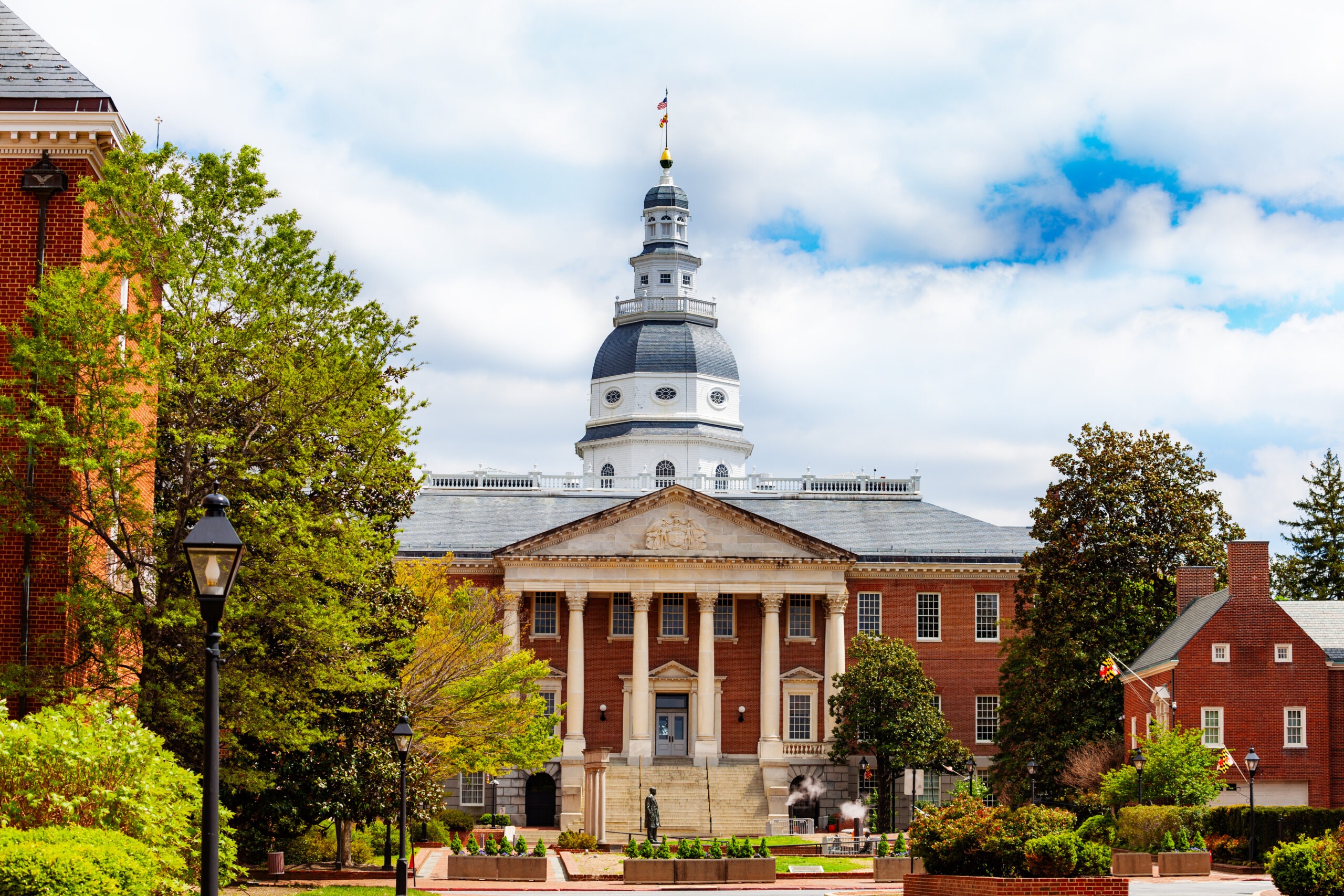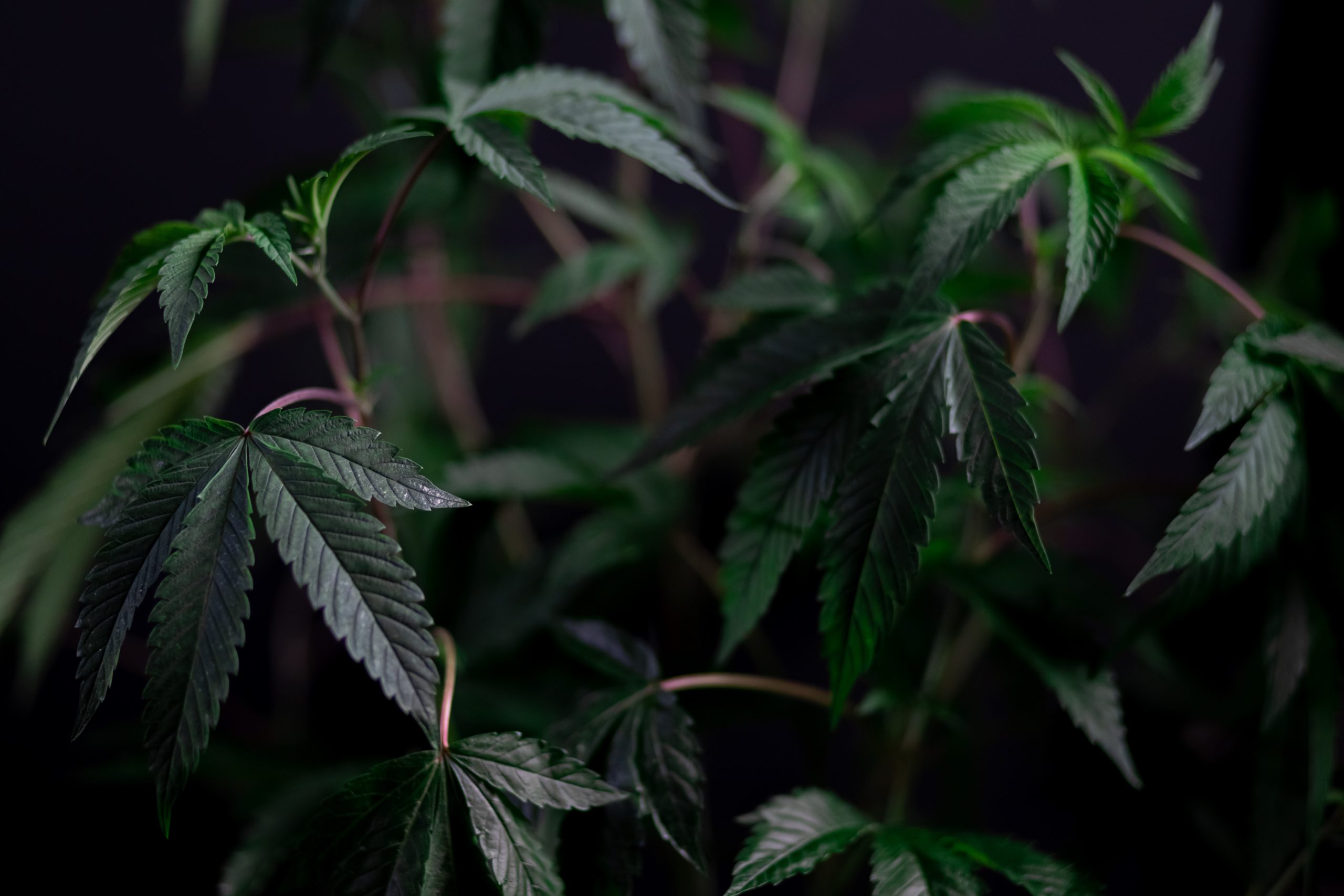
In the idyllic landscape of Hawaii, where natural barriers isolate its islands, a pioneering trend is taking root. Several medical cannabis companies in the state are now engaged in wholesale distribution, facilitating the sale and delivery of marijuana products between islands. This groundbreaking development marks a significant milestone for the Hawaiian cannabis industry and is a rarity in the broader U.S. market.
Hopping from one island to another via plane, helicopter, or boat is a common practice for both residents and visitors in Hawaii, an archipelago spanning over 6,000 miles in the Pacific Ocean. Now, this well-established mode of transport is being leveraged by the state’s medical marijuana sector to expand their offerings to thousands of patients.
Despite the potential legal hurdles and a delicate regulatory environment surrounding inter-island product transportation, some industry players are quietly making strides in this new arena. Crossing federal waters during these journeys is no small feat, given that marijuana remains illegal under federal law. However, Hawaii’s lawmakers recently gave their approval, passing legislation in June that allows state-licensed cannabis companies to engage in wholesale marijuana sales to businesses situated on other islands. These regulations came into effect in August, opening up a new avenue for cannabis commerce.
This innovative inter-island cannabis trade is considered groundbreaking by many in the industry. In Hawaii’s fledgling medical cannabis market, it also addresses a persistent issue – chronic shortages of product inventory, a problem exacerbated by the state’s limited-license model, a reality that continues to linger six years after the initiation of medical marijuana sales.
The scarcity of products, driven by geographical limitations and operating within a highly regulated market, prompted the introduction of these new regulations. They enable state-licensed cannabis companies to supply wholesale flower and various products, such as vape cartridges and pens, to marijuana retailers located on different islands.
In response, companies like Big Island Grown have embarked on this new venture. Big Island Grown, boasting a substantial 35,000-square-foot indoor cultivation operation on Hawaii Island, successfully completed the state’s first wholesale inter-island transaction on September 1 with Green Aloha dispensary on Kauai. Within just nine days, Big Island Grown’s flower supply at Green Aloha’s dispensaries in Kapaa and Koloa was completely sold out, leading to a remarkable 40% month-over-month boost in the retailer’s gross revenue, as per Big Island Grown CEO Jaclyn Moore.
Despite the significance of this development, the industry remains tight-lipped about the specifics of inter-island product transportation, citing the sensitive nature of the issue and worker safety concerns. However, various modes of transportation, including island-hopper planes and commercial flights, offer efficient travel between Hawaiian islands, often taking less than an hour. Private charter and commercial boats are also viable options for this purpose.
Although rare, similar initiatives have been observed in other U.S. states. For example, in Alaska, Weed Dudes has transported marijuana via commercial flights to its retail store on Baranof Island, and in Washington state, some retailers are located on islands such as San Juan Island and Orcas Island. However, the uncertainty related to possible federal enforcement remains a constant concern for those involved in such endeavors.
The unique challenges facing medical marijuana operators in Hawaii extend beyond regulatory constraints and an established illicit market. The high cost of doing business in a state where tourism and real estate dominate the local industries is one of the most significant obstacles. Local companies in all sectors grapple with high tariffs and logistical complexities due to the mandatory port entry for most products. Furthermore, Hawaii’s medical marijuana market is relatively underdeveloped, with gummies, brownies, and other edibles only recently gaining approval.
Patient registration numbers have remained stagnant due to an existing illicit market and collective cultivation practices. In response to this, lawmakers have been reluctant to bolster the medical marijuana industry or explore adult-use legalization. Recent natural disasters, such as the deadly Maui wildfires, have further complicated the industry’s prospects, leaving most medical marijuana businesses unprofitable or in debt.
Despite these challenges, the introduction of cannabis wholesale and distribution across waterways in Hawaii could set a precedent for other markets while expanding accessibility for patients on the islands.
Hawaii’s medical cannabis market, established in August 2017, has faced various challenges. With only eight licensed medical dispensaries scattered across four islands, patient registration numbers have remained relatively flat since at least January 2022, as per state data. The number of patients actively shopping at dispensaries is estimated to be around 10,000, significantly lower than the registered count. Many cardholders use their cards for added protection against enforcement, while others use them for personal cultivation or to establish their own distribution and retail networks outside the purview of regulations.
Hawaii’s cannabis regulations, like those in many other markets, pose challenges for local license holders. For instance, despite favorable growing conditions, cultivators are prohibited from growing marijuana outdoors. Furthermore, annual third-party forensic audits, accounting for every aspect of their business, are mandatory for cannabis companies in Hawaii, posing significant financial burdens.
Though efforts to legalize adult-use cannabis have faced setbacks in the past, there is renewed optimism for legalization in the 2024 legislative session. House Speaker Scott Saiki, who previously opposed legalization, has indicated a change of stance and plans to work on legalization and adult-use retail bill in the upcoming summer. With potential support from House leaders and Governor Josh Green, 2024 may be the year for cannabis legalization in Hawaii, paving the way for significant changes in the state’s cannabis industry.
Source: Mjbiz Daily
EXPLORE MORE NEWS
Newsletter




